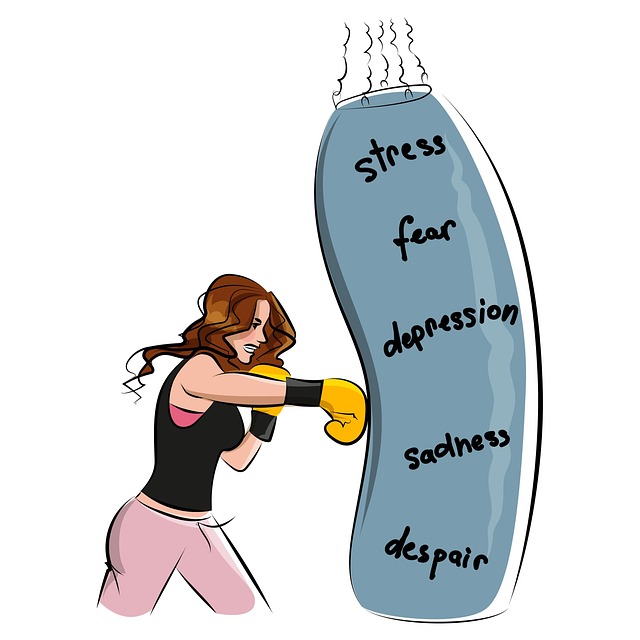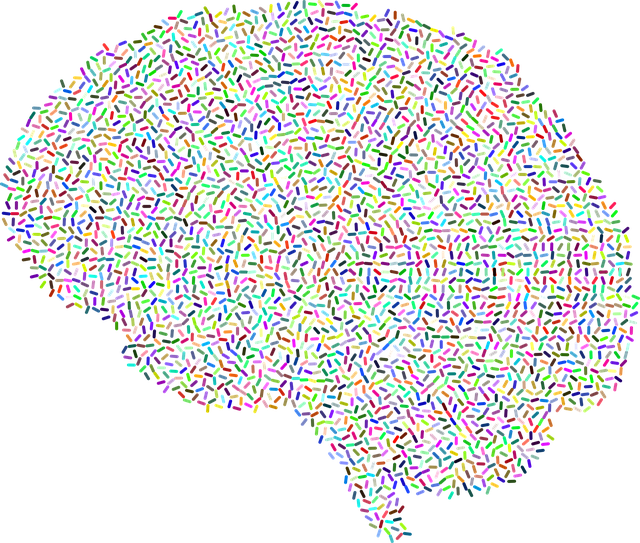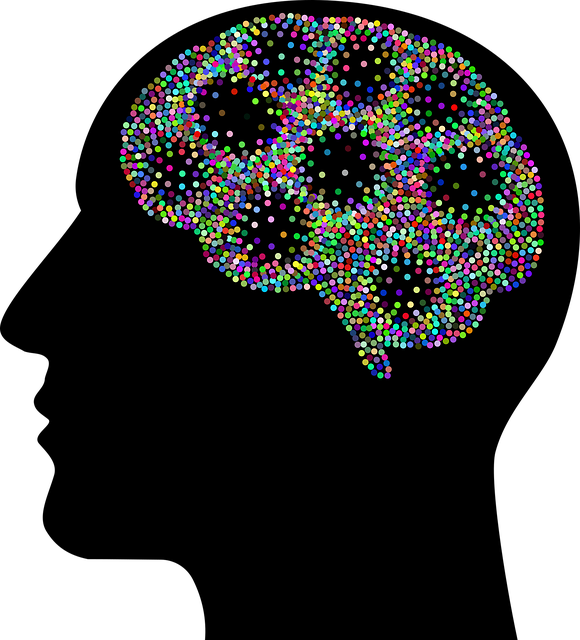Exposure and Response Prevention (ERP) Therapy is an effective, evidence-based approach for treating anxiety disorders in young adults. This therapy involves gradual exposure to feared scenarios while preventing avoidance behaviors, reshaping emotional reactions and thought patterns. By boosting self-esteem and conflict resolution skills, ERP equips young adults to confront challenges with confidence, enhancing crisis intervention abilities and promoting long-term mental wellness. Specialized assessment tools like structured clinical interviews and self-report questionnaires measure ERP's efficacy, while organizational workshops use qualitative methods for deeper insights. Public awareness campaigns highlighting ERP's benefits can destigmatize mental health issues, encouraging young adults to seek support.
Mental wellness programs are increasingly recognizing the need for robust evaluation methods to ensure their effectiveness. This article delves into three critical aspects of evaluating such programs. We explore the efficacy of Exposure and Response Prevention (ERP) Therapy tailored for young adults, focusing on assessment methods and successful case studies. Additionally, we discuss integrating feedback mechanisms to personalize interventions and conduct longitudinal studies to track mental wellness improvements over time. By leveraging these evaluation strategies, mental health professionals can optimize program outcomes, particularly for ERP-based therapies targeting this demographic.
- Assessing the Efficacy of Exposure and Response Prevention (ERP) Therapy for Young Adults
- – Defining ERP and its relevance in mental wellness programs for young adults.
- – Exploring the evaluation methods specific to ERP therapy, including measurement tools and techniques.
Assessing the Efficacy of Exposure and Response Prevention (ERP) Therapy for Young Adults

Exposure and Response Prevention (ERP) Therapy has emerged as a powerful tool for treating anxiety disorders in young adults. This evidence-based approach aims to help individuals confront feared situations or objects gradually, while learning to manage their responses. By facing their anxieties head-on, young adults can develop coping skills that promote emotional well-being. The therapy focuses on unlearning unhealthy avoidance behaviors and replacing them with more adaptive strategies.
ERP’s effectiveness lies in its ability to empower individuals to take control of their lives by challenging negative thoughts and beliefs associated with anxiety triggers. This process involves exposure to the feared stimulus in a safe, controlled environment, allowing for the development of coping mechanisms. As a result, young adults can enhance their crisis intervention abilities, ensuring they have the tools to navigate future challenges without succumbing to panic or avoidance.
– Defining ERP and its relevance in mental wellness programs for young adults.

Exposure and Response Prevention (ERP) is a therapeutic approach that has gained significant importance in mental wellness programs catering to young adults. This evidence-based technique is particularly effective in treating anxiety disorders, offering a powerful tool for individuals seeking therapy for young adults. By gradually exposing individuals to feared situations or objects and preventing them from engaging in habitual avoidance behaviors or safety responses, ERP helps reshape their emotional reactions and thought patterns.
The relevance of ERP lies in its ability to empower young adults with self-esteem improvement and conflict resolution techniques, enabling them to navigate challenging situations with more confidence. This method goes beyond addressing symptoms by teaching individuals how to manage their anxiety in real-world settings, which is crucial for long-term mental wellness. Furthermore, public awareness campaigns development centered around ERP can help destigmatize mental health issues, encouraging young adults to seek support and embrace a healthier mindset.
– Exploring the evaluation methods specific to ERP therapy, including measurement tools and techniques.

Evaluating the effectiveness of Therapy for Young Adults Exposure and Response Prevention (ERP) requires specialized methods. This therapy, aimed at helping individuals manage anxiety through exposure to triggers and learning new response strategies, demands precise measurement tools. One common approach involves using structured clinical interviews to assess anxiety disorders and depression before and after treatment. These interviews provide a standardized framework to gauge the severity of symptoms, allowing for a clear picture of improvement or decline.
Additionally, self-report questionnaires are essential in ERP therapy evaluations. Tools like the Anxiety and Depression Inventory or the Patient Reported Outcomes Measurement Information System (PROMIS) assess emotional regulation, stress management, and positive thinking. These questionnaires offer valuable insights into patients’ subjective experiences and self-perceived changes throughout treatment. Moreover, organizational workshops focused on stress management can employ qualitative methods, such as feedback forms or focus groups, to capture participants’ perceptions of their learning outcomes and the overall effectiveness of these sessions in promoting emotional well-being.
The evaluation of mental wellness programs, particularly those focusing on Therapy for Young Adults Exposure and Response Prevention (ERP), is crucial for ensuring their effectiveness. By employing specific assessment methods, such as structured interviews, self-report questionnaires, and behavioral observations, researchers can gain valuable insights into the success of ERP in managing anxiety disorders among young adults. Continuous evaluation allows for refinement of these programs, ultimately enhancing their ability to provide sustainable improvements in mental wellness for this demographic.













